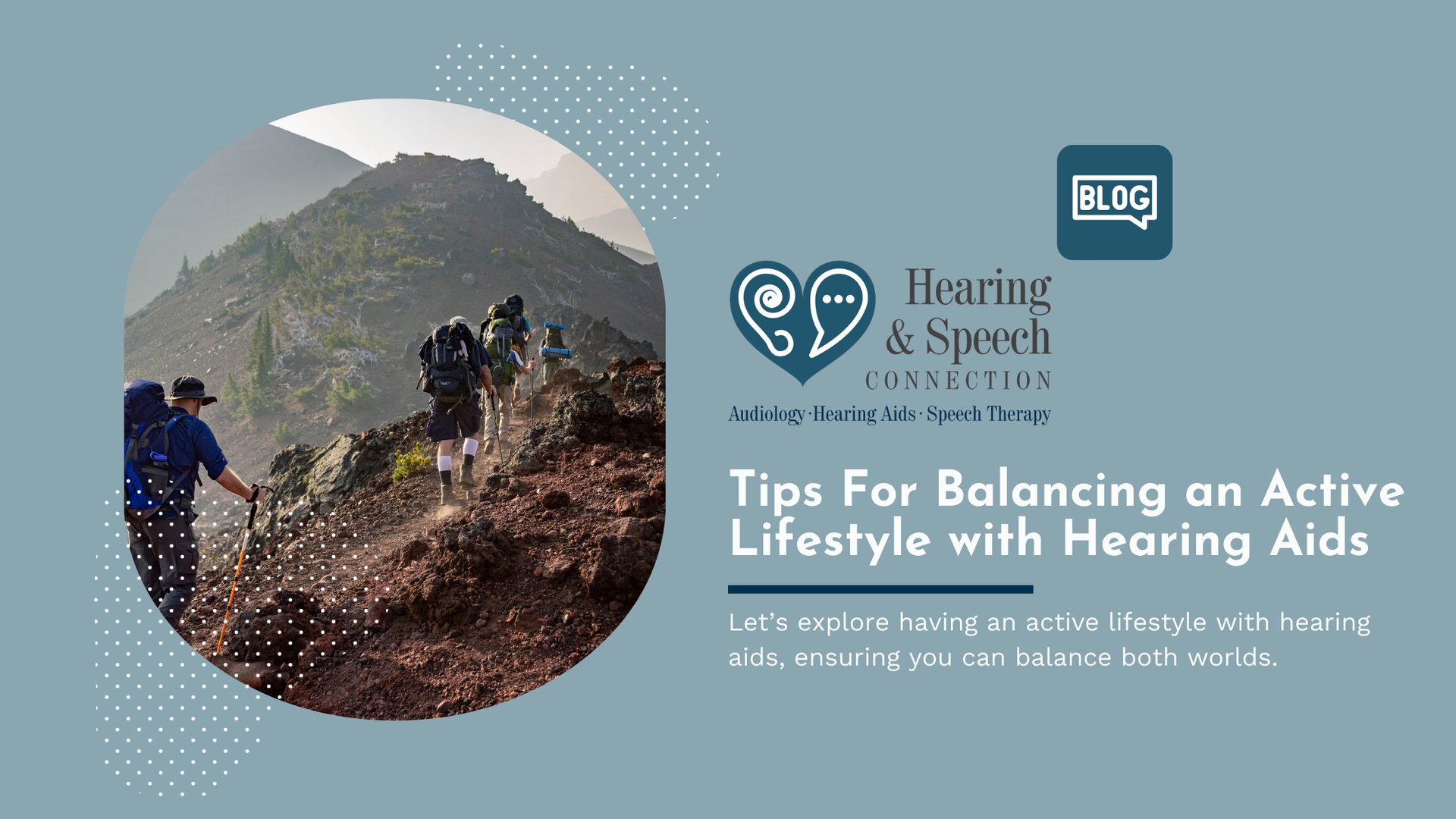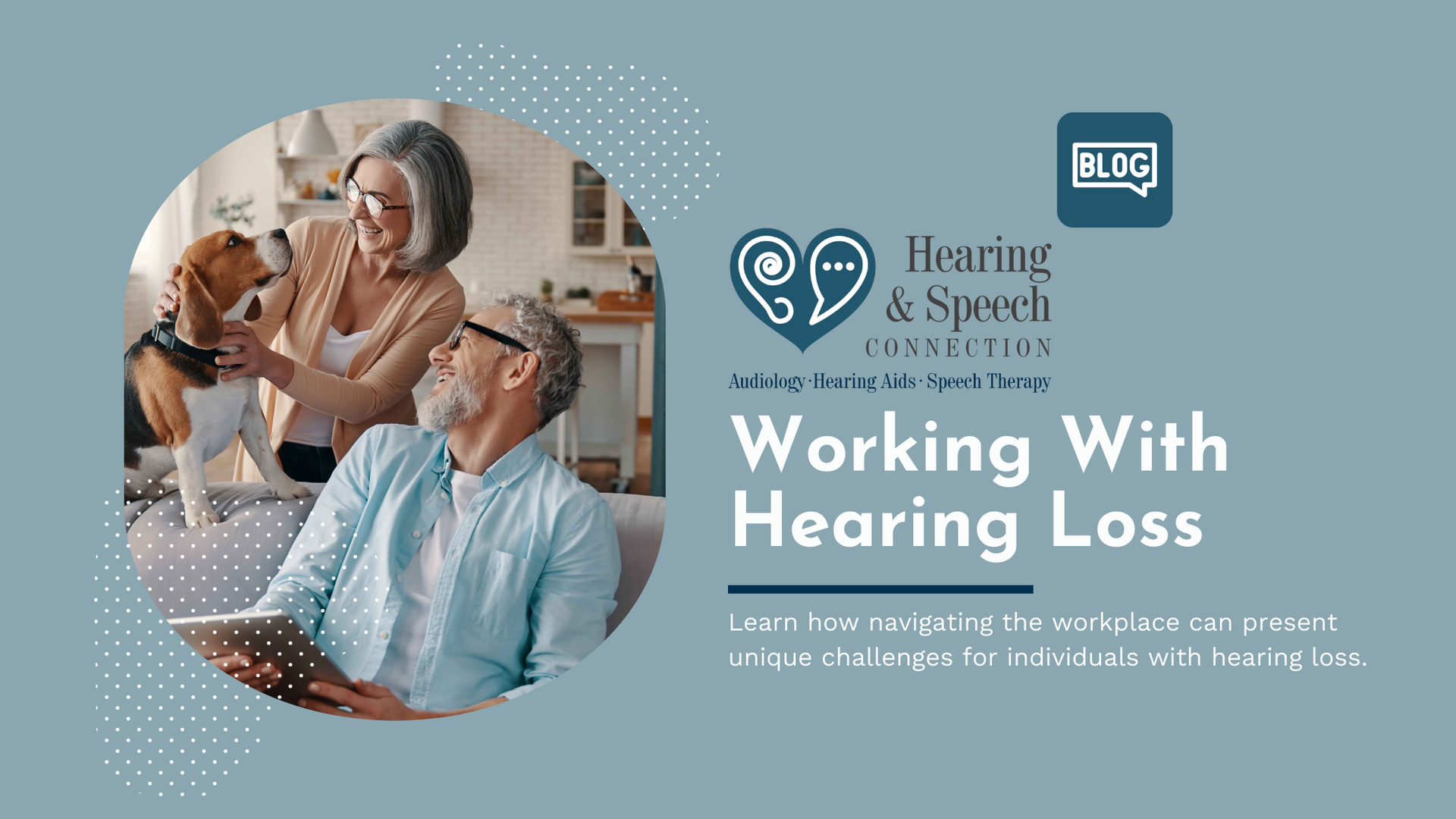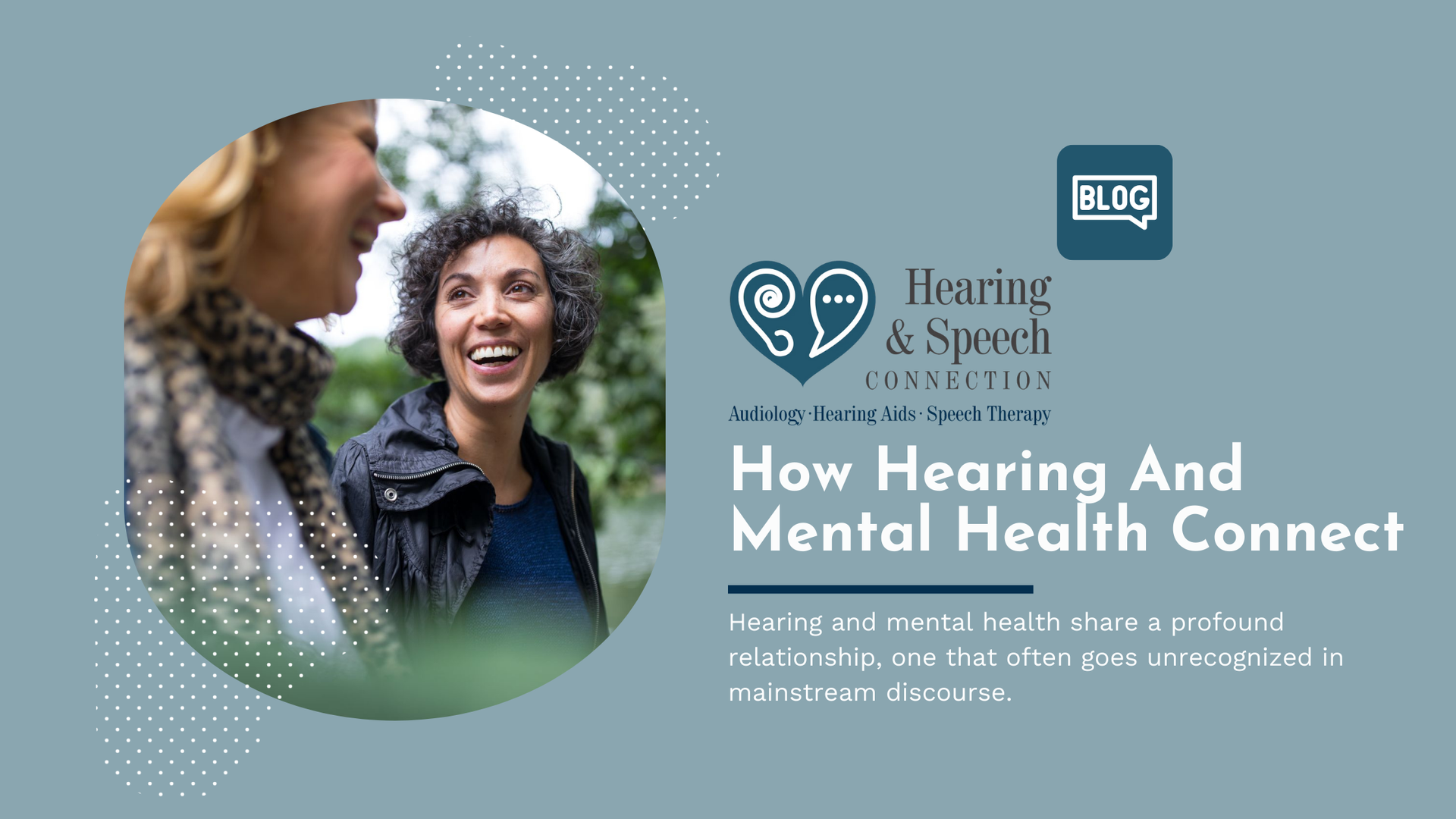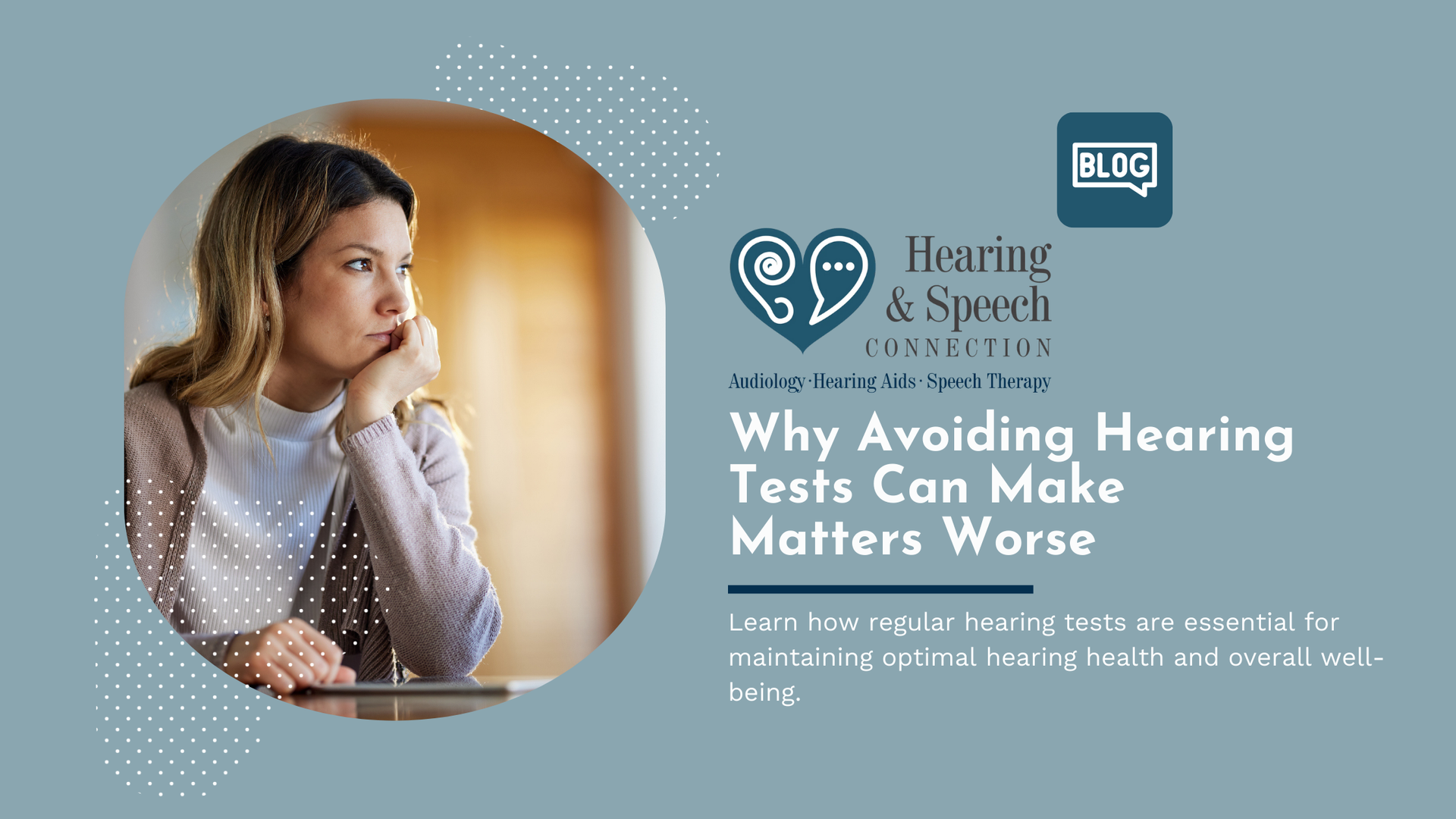How to Fix Common Hearing Aid Problems
As we age, hearing loss can become a common problem. This can be a frustrating experience, especially when it comes to using hearing aids. Hearing aids are wonderful tools that can help us navigate the world of sound, but they can also present their own set of challenges. In this blog, we’ll explore some common hearing aid problems and provide tips on how to fix them, so you can enjoy the benefits of optimal hearing.
Common Hearing Aid Problems and their Causes
Feedback:
Feedback is a high-pitched whistling sound that comes from your hearing aid. This can occur when sound from the hearing aid speaker leaks back into the microphone. This is a common problem and can be caused by a poorly fitting hearing aid or by excessive earwax build-up.
Distortion:
Distortion is when sound becomes unclear or fuzzy. This can happen if the hearing aid’s settings are not properly calibrated, or if the hearing aid has been damaged.
Low battery life:
Low battery life is another common hearing aid problem. This can be caused by a number of factors, including using old or expired batteries, leaving the hearing aid on overnight, or not properly turning off the hearing aid when not in use.
Blocked sound tubes:
Blocked sound tubes occur when earwax or other debris clogs the sound tubes of the hearing aid. This can lead to a decrease in sound quality and can even cause the hearing aid to stop working altogether.
Troubleshooting Tips for Common Problems
Feedback:
To fix feedback, first, make sure your hearing aid is inserted correctly. If this doesn’t solve the problem, try cleaning your earwax or contacting your audiologist to see if your hearing aid needs to be adjusted. In some cases, a different style of hearing aid may be recommended.
Distortion:
If you are experiencing distortion, try turning off your hearing aid and then turning it back on again. If the problem persists, contact your audiologist to see if your hearing aid needs to be repaired or recalibrated.
Low battery life:
To extend the battery life of your hearing aid, make sure you turn it off when not in use and avoid leaving it on overnight. Also, make sure to use fresh batteries and keep spare batteries on hand.
Blocked sound tubes:
If you suspect your sound tubes are blocked, try gently cleaning them with a soft brush or using a specialized cleaning tool. You can also contact your audiologist for assistance.
Preventative Measures
To prevent common hearing aid problems from occurring in the first place, make sure to properly clean and store your hearing aids. Use a soft, dry cloth to clean the hearing aid and avoid exposing it to extreme temperatures or moisture. Additionally, avoid using hairspray, perfume, or other products near your hearing aid, as this can cause damage.
When is it time to get a new hearing aid?
The decision to repair or replace a hearing aid depends on several factors, including the extent of the damage, the age of the hearing aid, and the cost of repairs. Here are some general guidelines to consider when deciding whether to repair or replace your hearing aid:
Age of the hearing aid: Hearing aids typically have a lifespan of 3-7 years, depending on the quality and level of use. If your hearing aid is approaching the end of its lifespan, it may be more cost-effective to replace it rather than continue repairing it.
Extent of damage : If your hearing aid has minor issues, such as a broken tube or loose battery compartment, it may be worth repairing. However, if the damage is extensive, such as water damage or a cracked circuit board, it may be more cost-effective to replace the hearing aid.
Cost of repairs : If the cost of repairs is significant, it may be more cost-effective to replace the hearing aid. A general rule of thumb is that if the cost of repairs exceeds 50% of the cost of a new hearing aid, it is more cost-effective to replace the hearing aid.
Changes in your hearing: If your hearing has changed significantly since you last purchased your hearing aid, it may be time to replace it with a newer model that can better accommodate your current hearing needs.
Technological advances : Hearing aid technology is constantly evolving, with newer models offering improved sound quality, connectivity, and other features. If your hearing aid is outdated and no longer meets your needs, it may be time to consider upgrading to a newer model.
Hearing aid problems can be frustrating, but they don’t have to be. By following these tips and seeking professional help when necessary, you can ensure optimal hearing aid performance and enjoy the benefits of better hearing. If you’re experiencing hearing loss or are in need of a hearing aid, don’t hesitate to contact our hearing practice. Our team can help you find the perfect solution for your unique needs.
The post How to Fix Common Hearing Aid Problems appeared first on Hearing Connection.




